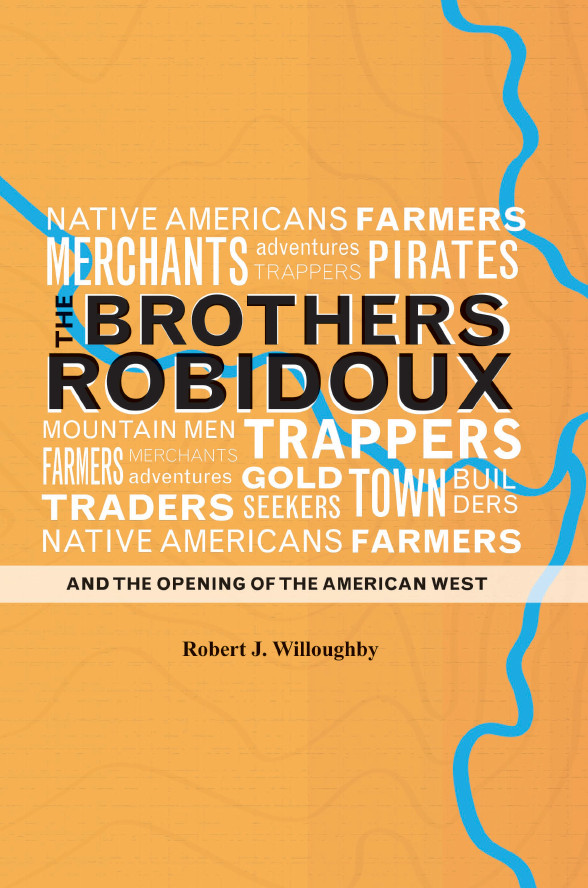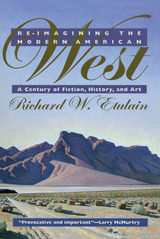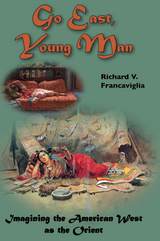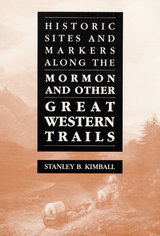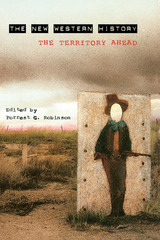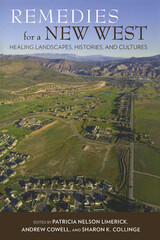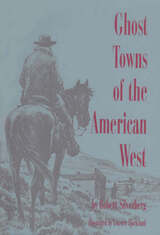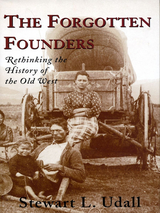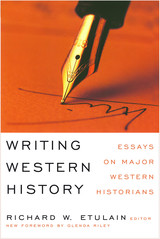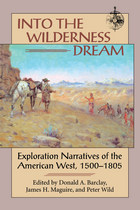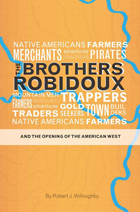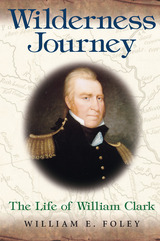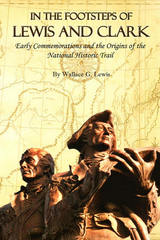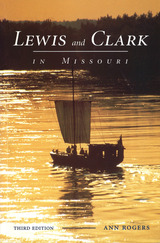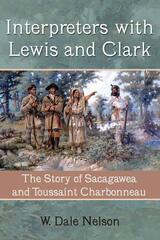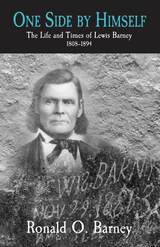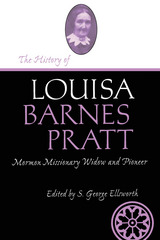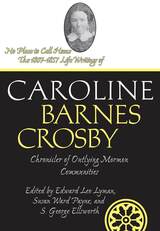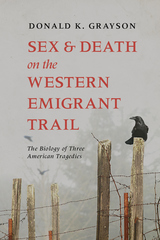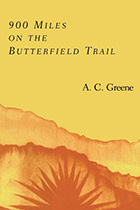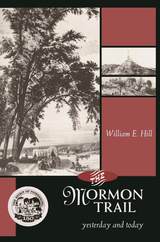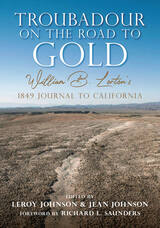The Brothers Robidoux and the Opening of the American West
University of Missouri Press, 2012
Cloth: 978-0-8262-1991-6 | eISBN: 978-0-8262-7291-1
Library of Congress Classification F592.W678 2012
Dewey Decimal Classification 978.02
Cloth: 978-0-8262-1991-6 | eISBN: 978-0-8262-7291-1
Library of Congress Classification F592.W678 2012
Dewey Decimal Classification 978.02
ABOUT THIS BOOK | AUTHOR BIOGRAPHY | REVIEWS | TOC | REQUEST ACCESSIBLE FILE
ABOUT THIS BOOK
Upon coming of age, the brothers followed their father into the fur business and American Indian trade. The oldest of the six, Joseph, led the group on an expedition up the Missouri River as Lewis and Clark had once done, designating a path of trade sites along their journey until they reached their destination at present-day Omaha, Nebraska. Eventually the younger brothers set out on their own westward expedition in the mid 1820s, reaching both Colorado and Santa Fe, New Mexico. Joseph eventually became a town founder in northwest Missouri near Blacksnake Creek. Antoine and Louis traveled as far as California, finally settling in Santa Fe where they became prominent citizens. As a trapper and trader, Michel endured many hardships and close calls during his journey across the West. Francois and Isadore made their home in New Mexico, maintaining a close relationship with Joseph in Missouri.
Though frequently under contract by others, the brothers did their best work when allowed to freelance and make their own rules. The brothers would ultimately pass on their prosperous legacy of ranging, exploring, trading, and town-building to a new generation of settlers. As the nature of the fur trade changed, so did the brothers’ business model. They began focusing on outfitting western migrants, town folk, and farmers. Their practices made each of them wealthy; however, they all died poor.
To understand the opening of the American West, one must first know about men like the brothers Robidoux. Their lives are the framework for stories about the American frontier. By using primary sources located at the Missouri Historical Society, the Mexican Archives of New Mexico, and the Huntington Library, as well as contemporary accounts written by those who knew them, Willoughby has now told the Robidouxs’ story.
Written in a unique biographical format, Robert Willoughby interweaves the stories of six brothers who shaped the American trans-Mississippi West during the first five decades of the nineteenth century. After migrating from French Canada to St. Louis, the brothers Robidoux—Joseph, Francois, Antoine, Louis, Michel, and Isadore—and their father, Joseph, became significant members in the business, fur trading, and land speculation communities, frequently interacting with upper-class members of the French society.
Upon coming of age, the brothers followed their father into the fur business and American Indian trade. The oldest of the six, Joseph, led the group on an expedition up the Missouri River as Lewis and Clark had once done, designating a path of trade sites along their journey until they reached their destination at present-day Omaha, Nebraska. Eventually the younger brothers set out on their own westward expedition in the mid 1820s, reaching both Colorado and Santa Fe, New Mexico. Joseph eventually became a town founder in northwest Missouri near Blacksnake Creek. Antoine and Louis traveled as far as California, finally settling in Santa Fe where they became prominent citizens. As a trapper and trader, Michel endured many hardships and close calls during his journey across the West. Francois and Isadore made their home in New Mexico, maintaining a close relationship with Joseph in Missouri.
Though frequently under contract by others, the brothers did their best work when allowed to freelance and make their own rules. The brothers would ultimately pass on their prosperous legacy of ranging, exploring, trading, and town-building to a new generation of settlers. As the nature of the fur trade changed, so did the brothers’ business model. They began focusing on outfitting western migrants, town folk, and farmers. Their practices made each of them wealthy; however, they all died poor.
To understand the opening of the American West, one must first know about men like the brothers Robidoux. Their lives are the framework for stories about the American frontier. By using primary sources located at the Missouri Historical Society, the Mexican Archives of New Mexico, and the Huntington Library, as well as contemporary accounts written by those who knew them, Willoughby has now told the Robidouxs’ story.
See other books on: Adventurers & Explorers | American West | Missouri | Pioneers | Saint Louis
See other titles from University of Missouri Press
